Iyashikei (癒し系)
We look at iyashikei as it's context of the subgenre related to the other mediums, such as anime and manga with the simplified measure of the term "healing". The style doesn't have an exact definition for the medium but it seems to have an emphasis portraying characters living out peaceful lives in calming environments, a focus is less on character and plot and more on worldbuilding or creating an immersive visual setting.
I have attempted to group up a bunch of games I think match this feeling. In terms of translating this to games, I have decided to define the rules such that
(a) violence is minimal or light for the sake of comedic value, killing is not not allowed. (no pokemon for example)
(b) sections of games do not represent their games. Many hubs can be considered "healing" but they do not represent a game
(c) a personal addendum is the emphasis on calming, stricted time constraints to accomplish your goals (dandori) feels unintuitive to the genre. If there is a differentiation between Iyashikei and Cozy I think this might be it
Iyashikei does not equal Simulator (Farm, dating, etc). An Iyashikei can have elements of simulators but not all simulators are Iyashikei
Vetos:
Stardew (Time:Content + Combat)
Rune Factory (Combat)
Recettear (Combat)
As all things, Iyashikei is a more complex and more substisted theme, which I'm not qualified to discuss :sweat_smile: so some reading for those interested in it's origins and current landscapes:
Takeshi Matsui, ことばとマーケティング 〜「癒し」ブームの消費社会史 (碩学舎, Tokyo, 2013).
Tatsuya Yumiyama, 'Varieties of Healing in Present-Day Japan', in Japanese Journal of Religious Studies, vol. 22, no. 3-4, 1995, pp. 267-282
I have attempted to group up a bunch of games I think match this feeling. In terms of translating this to games, I have decided to define the rules such that
(a) violence is minimal or light for the sake of comedic value, killing is not not allowed. (no pokemon for example)
(b) sections of games do not represent their games. Many hubs can be considered "healing" but they do not represent a game
(c) a personal addendum is the emphasis on calming, stricted time constraints to accomplish your goals (dandori) feels unintuitive to the genre. If there is a differentiation between Iyashikei and Cozy I think this might be it
Iyashikei does not equal Simulator (Farm, dating, etc). An Iyashikei can have elements of simulators but not all simulators are Iyashikei
Vetos:
Stardew (Time:Content + Combat)
Rune Factory (Combat)
Recettear (Combat)
As all things, Iyashikei is a more complex and more substisted theme, which I'm not qualified to discuss :sweat_smile: so some reading for those interested in it's origins and current landscapes:
Takeshi Matsui, ことばとマーケティング 〜「癒し」ブームの消費社会史 (碩学舎, Tokyo, 2013).
Tatsuya Yumiyama, 'Varieties of Healing in Present-Day Japan', in Japanese Journal of Religious Studies, vol. 22, no. 3-4, 1995, pp. 267-282
46 Games
9 Comments
Great term and I feel it's way more fitting than the term "comfy game" so many people try to use.
@Cadensia Thanks for the interest, none of the response is meant as anything but elaboration.
So for the first question, I don't think we should culture exclude just because the concept is of a different of a different culture. This was not supposed to be a distinguished or educated dive into the concept, but a general recommendation of the style of game or a proximity glance for recommendations
You seem a lot more well versed in the topic but my suggestions were more to deal with recommendations Rather then a description of the two concepts. I understand that simulators in general fit this theme well but allowing them would dominate list. The concept of no killing is specifically for killing. I don't think there's anything wrong with death as a part of the game which is why the Sims for example has been allowed on the list. Technically you can kill a sim but that is against the goal of the game. Same with Zoo Tycoon.
As you suggest, the term is mainly appropriated from its use in other mediums of content, if you have some good reading materials for its origin, I'd be happy to include them in the description. To provide clearer context of the origin.
So for the first question, I don't think we should culture exclude just because the concept is of a different of a different culture. This was not supposed to be a distinguished or educated dive into the concept, but a general recommendation of the style of game or a proximity glance for recommendations
You seem a lot more well versed in the topic but my suggestions were more to deal with recommendations Rather then a description of the two concepts. I understand that simulators in general fit this theme well but allowing them would dominate list. The concept of no killing is specifically for killing. I don't think there's anything wrong with death as a part of the game which is why the Sims for example has been allowed on the list. Technically you can kill a sim but that is against the goal of the game. Same with Zoo Tycoon.
As you suggest, the term is mainly appropriated from its use in other mediums of content, if you have some good reading materials for its origin, I'd be happy to include them in the description. To provide clearer context of the origin.
I think my remarks were mostly related to the way your framing of iyashi-kei is only a subset of what the Japanese market put under the umbrella of iyashi-kei – thus why I personally disagree with the borrowing of the term, although I can understand. For example, could Ōkami be considered as a healing game? It kind of doesn't fit in any of your criteria, but the idea of a mythologised reconstruction of Japan, with the ever-presence of shintō spirits, is a trend in Japanese cultural production that tries to mend/heal a broken society following the urbanisation. But again, it doesn't mean I have a fundamental issue with this list as a recommendation one.
As for reading materials, the key reference is Takeshi Matsui, ことばとマーケティング 〜「癒し」ブームの消費社会史 (碩学舎, Tokyo, 2013). Although it's a bit old now, Tatsuya Yumiyama, 'Varieties of Healing in Present-Day Japan', in Japanese Journal of Religious Studies, vol. 22, no. 3-4, 1995, pp. 267-282 gives a good overview of the question in English.
As for reading materials, the key reference is Takeshi Matsui, ことばとマーケティング 〜「癒し」ブームの消費社会史 (碩学舎, Tokyo, 2013). Although it's a bit old now, Tatsuya Yumiyama, 'Varieties of Healing in Present-Day Japan', in Japanese Journal of Religious Studies, vol. 22, no. 3-4, 1995, pp. 267-282 gives a good overview of the question in English.
@Cadensia Updated the description, @me if you ever attempt a more accurate depiction yourself
Thank you for the discussion, I'll keep you appraised. It's one of my research topics and I expect to release an extensive study on it at the end of next year.
Märchen Forest would be my suggestion. Specifically the legacy version; some time after the original release, it was re-contextualized as a 'prologue' of a longer game of the same name. However, that new version is more of a traditional dungeon crawler that has little to do / little in common with the original, of which is just this super comfy little puzzle adventure in an enchanted forest. Highly recommend (both, but for the sake of this list, the legacy version).
That aside, I would also suggest that Harvest Moon: A Wonderful Life is very iyashikei. Like, given its pace (not to mention tone), I'd consider it far more so than 64/BtN end up being in practice, given the brisk speed of their gameplay loop.
That aside, I would also suggest that Harvest Moon: A Wonderful Life is very iyashikei. Like, given its pace (not to mention tone), I'd consider it far more so than 64/BtN end up being in practice, given the brisk speed of their gameplay loop.
What about Carto, Chicori, the Katamari games, Pikuniku?
I agree with Cadensia that you've put too much emphasis on simulators. I don't see how The sims for example fits with the theme at all and comfy game may indeed be a better name. I think games that could be put in the iyashikei genre are much more restrained that your list.
I agree with Cadensia that you've put too much emphasis on simulators. I don't see how The sims for example fits with the theme at all and comfy game may indeed be a better name. I think games that could be put in the iyashikei genre are much more restrained that your list.
@Katsono I thought sims was probably fine because the two roles of sims usually followed are (a) Ignore the sims, and design, or (b) watch the sims do there thing with minimal interaction. Maybe this is a biased perspective but it's usually what I see, as opposed to something like Minecraft where arguably a small fraction would play a creative mode which would align with the theme here.
My emphasis on simulators is to avoid the list being filled with stuff like truck simulator, powerwash simulator, coffeeshop simulator, flight simulator, or narrow indie sims like Ramen Oil Pecking Simulator, where the scope of enjoyment really boils down to how much you enjoy the underlying sim element.
My emphasis on simulators is to avoid the list being filled with stuff like truck simulator, powerwash simulator, coffeeshop simulator, flight simulator, or narrow indie sims like Ramen Oil Pecking Simulator, where the scope of enjoyment really boils down to how much you enjoy the underlying sim element.
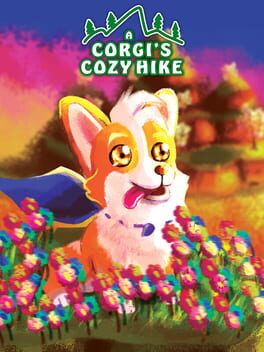
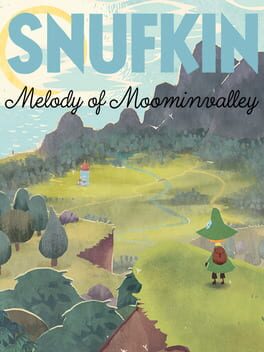
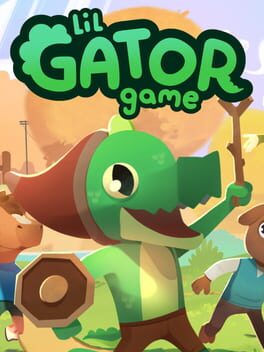
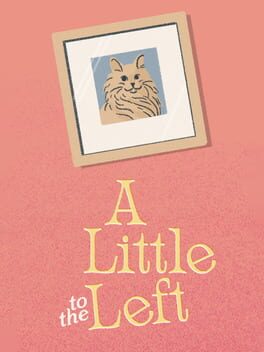

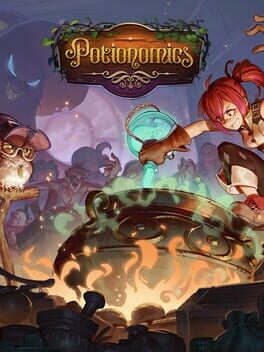
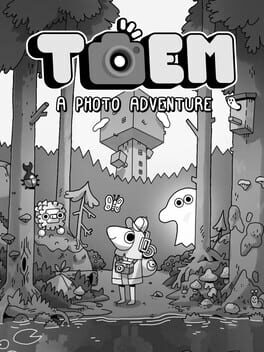
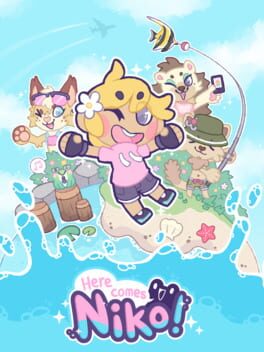
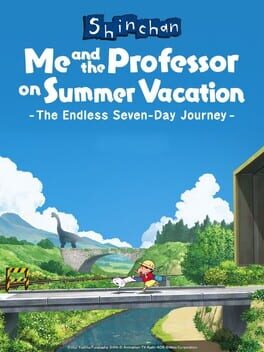
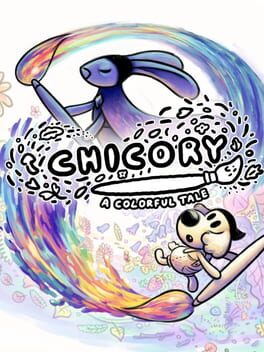
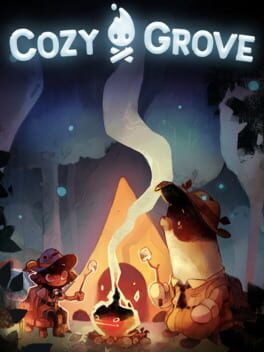
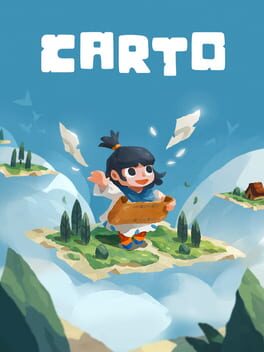
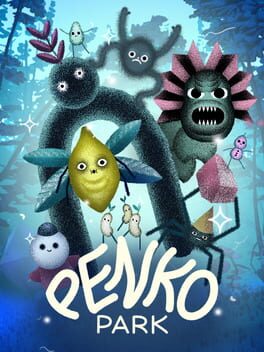
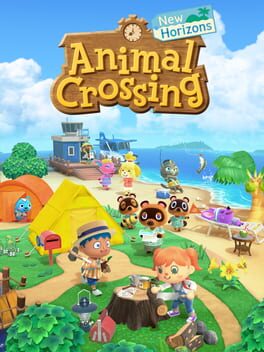
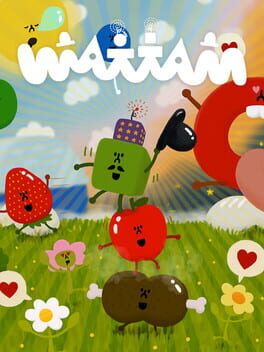


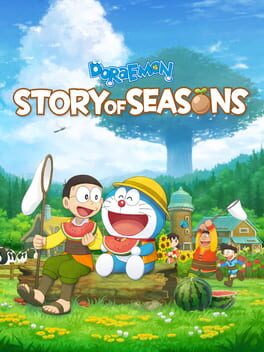
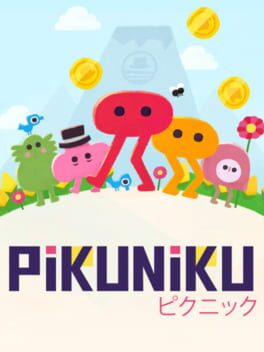
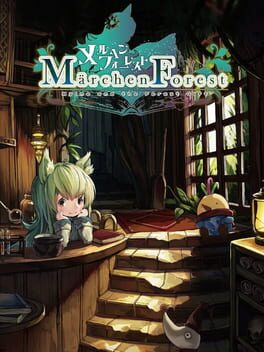
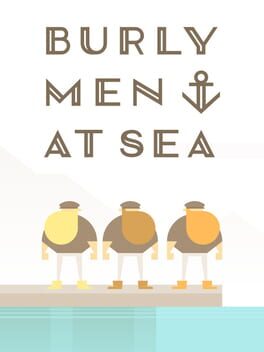

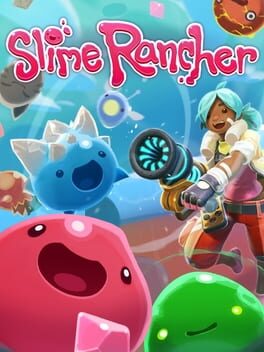
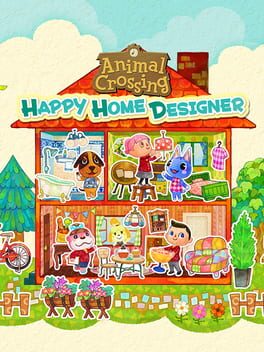
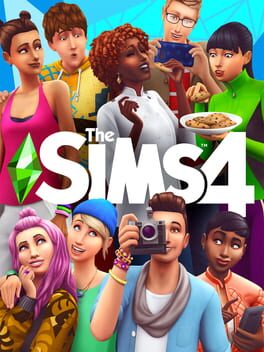
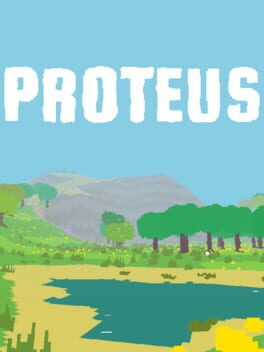
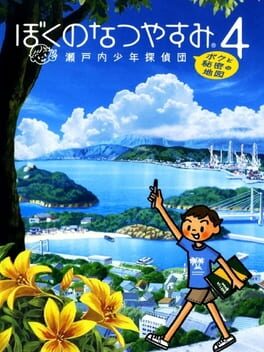
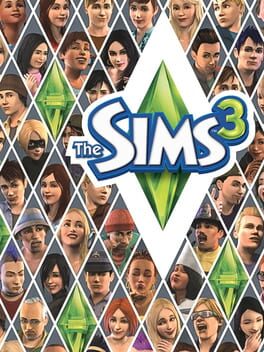
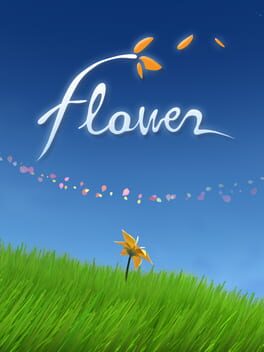
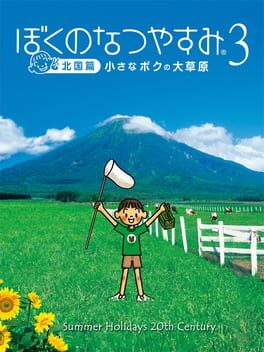
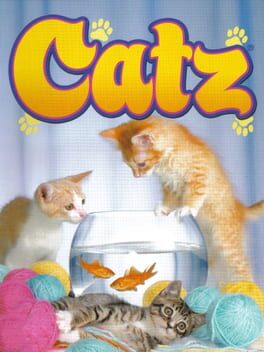

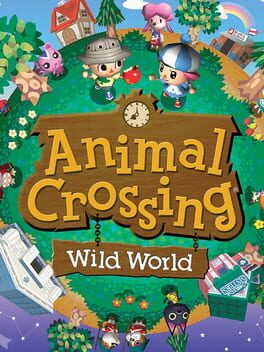

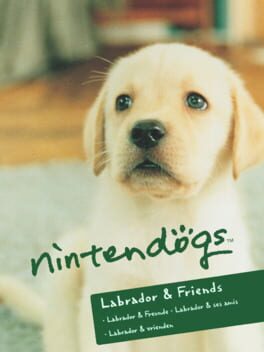
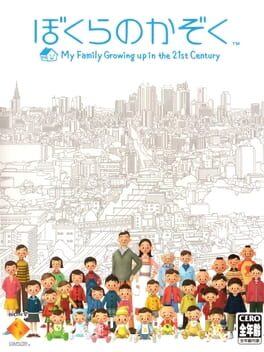
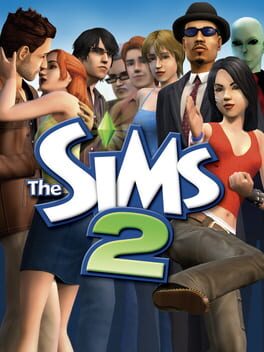
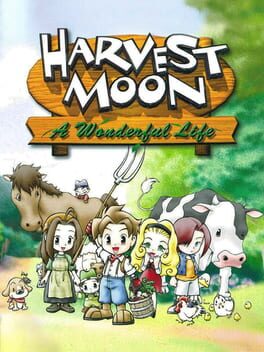
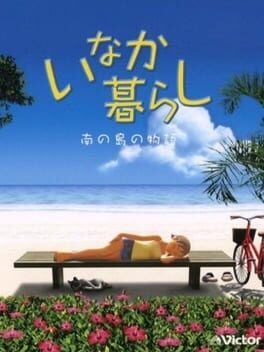
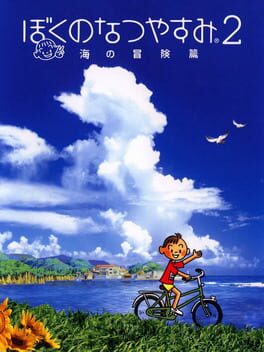
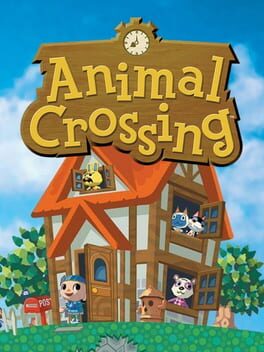
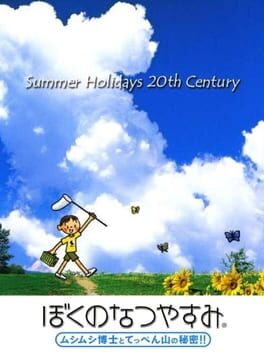
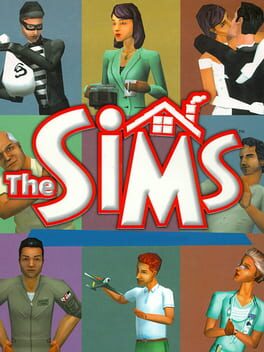
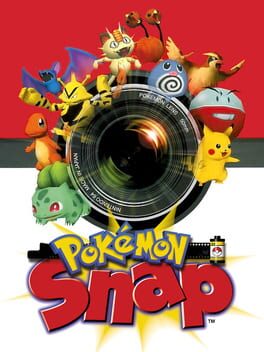
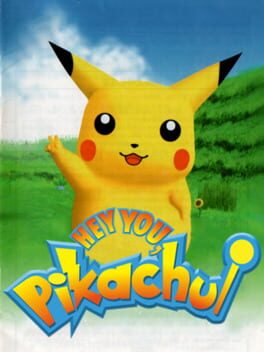
Cadensia
5 months ago
It's fine either way, but, as someone working on the subject, this understanding of iyashi seems to me largely situated in an orientalistic understanding of Japanese society, as the term doesn't cover the same idea, especially after the Lost Decades, the dissolution of the traditional nuclear family, the social isolation of urban women and the rise of a new spirituality. The overemphasis on simulators in your list kind of idealises the idea of iyashi towards a very subset of production – especially by contrasting it with the 'cosy'/'comfy' genre, whatever it means today, and strictly excluding killing, which seems correlated with how the modern Western societies deal with death –, while healing takes many more different forms depending on cultures, periods and regions.